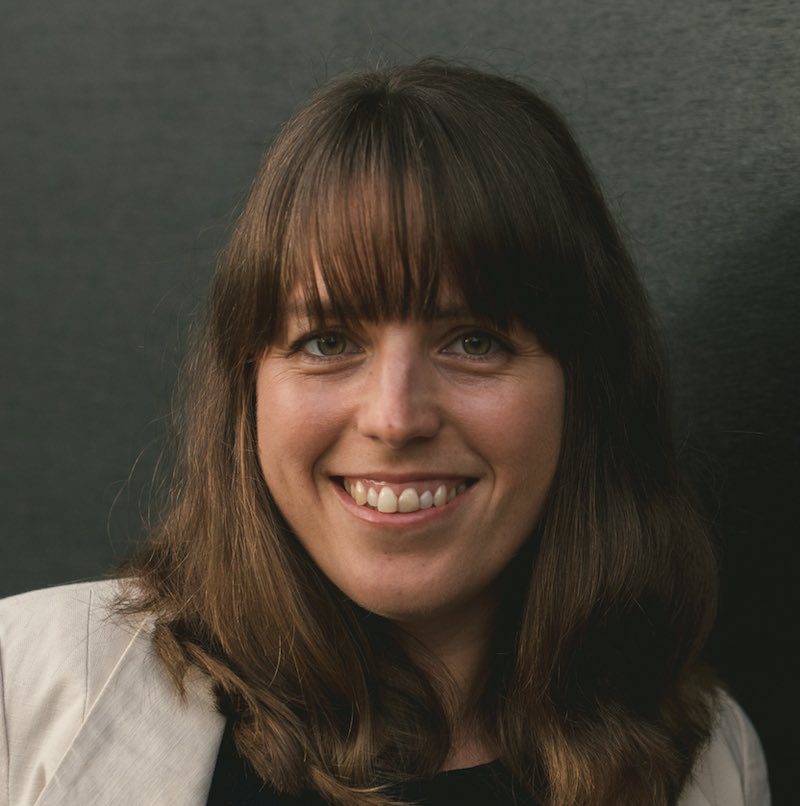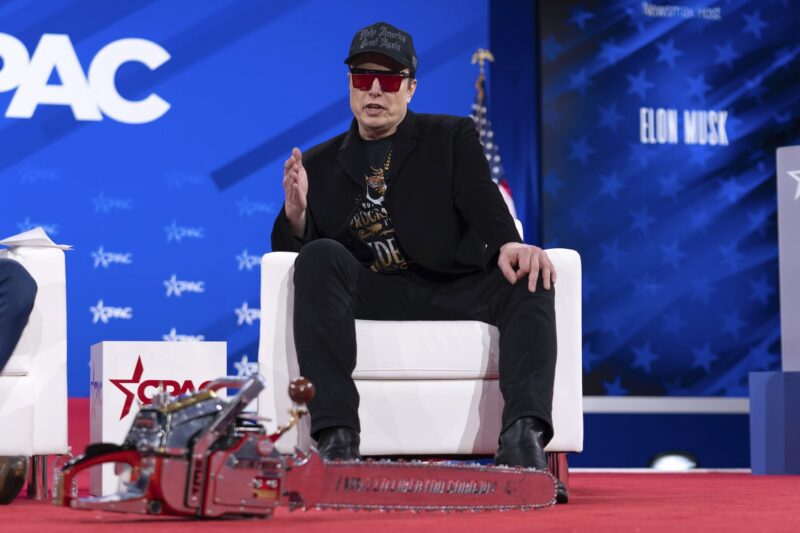An Adelaide council is forging ahead with a vision for a Tesla battery factory in its midst, waving off significant – and at times vitriolic – opposition from inside and outside its community.
The Marion council will ask the state government to remove a community land classification over a piece of badly contaminated public land, which it wants to sell off to a developer.
That developer, Melbourne-based MAB CCT, wants to develop the former manufacturing site known as Chestnut Court Reserve and lease it to Tesla to repurposing old lithium-ion batteries and for EV servicing.
The site has been closed to the public since 2016 because of heavy contamination of the chemical trichloroethylene, a substance commonly used for metal degreasing and which can cause cancer and Parkinson’s, as well as other nasty illnesses.
“The soil of Council’s land is contaminated. It’s not safe for recreation, so it makes sense to have it sealed over with a renewable technology facility,” Marion mayor Kris Hanna said in a statement.
“The proposed factory is expected to provide about 100 extra local jobs.”
The council’s recommendation at Tuesday night’s meeting was to ask for the state to change the land’s classification, saying that even if Tesla isn’t the ultimate user, it would still be useful for the council to get rid of the land and the liability.
“When evaluated in terms of tangible, local economic and environmental outcomes, the project’s benefits of employment, innovation, emissions reduction, and utilisation of land that is contaminated and not fit for current purpose, outweigh the geopolitical or symbolic criticisms expressed in submissions,” council staff recommended in their report last night.
The sticking point is a wave of opposition to the idea that it will be used by Tesla, with most opposition vented towards its CEO Elon Musk, who is on the nose with many in the community because of his high profile and far right political statements and actions, and some increasingly weird behaviour.
In 897 submissions, some of which needed to be redacted due to defamatory claims and bad language, the people of Marion and wider Adelaide rejected the idea of a Musk company buying a piece of their city’s land.
But locals were also worried about housing, suggesting the council should clean up the site and build homes, and the loss of green space.
The council says it might use the funds from the sale, a sum it’s keeping secret until the deal is down but says is in the “hundreds of thousands”, to buy the nearby Ash Avenue reserve.
The council owns just one of the pieces of land that MAB CCT wants, with the state Renewal SA and SA Housing Trust owning the others. They are both selling into the deal.

Rachel Williamson is a science and business journalist, who focuses on climate change-related health and environmental issues.

